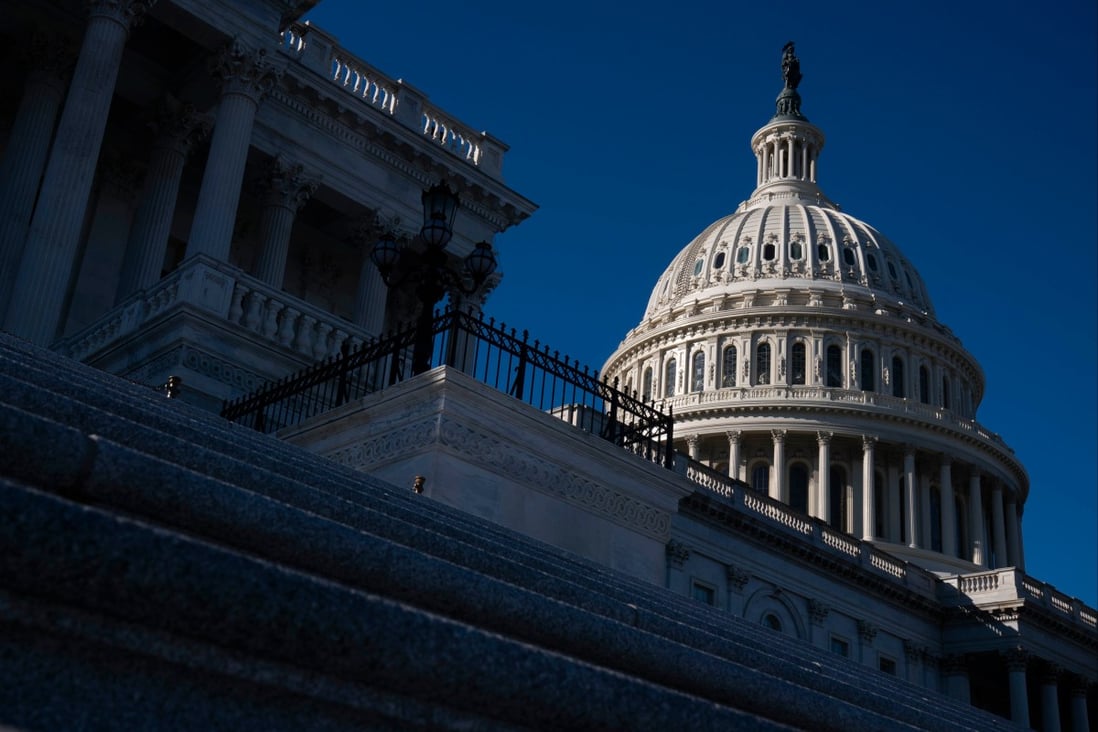Reader discuss the drawbacks of the first-past-the-post electoral system in the US and Canada
Published: 15 Dec, 2021
SCMP

The US Capitol in Washington is seen on December 13. Governments elected in a low-representation, first-past-the-post system – in which a relatively small portion of the population is electorally represented – are the easiest for lobbyists to manipulate or “buy”. Photo: Bloomberg
I refer to the article “As Joe Biden’s ‘Summit for Democracy’ convenes, questions arise about how ‘democracy’ is defined” (December 8).
In Canada and the US, our first-past-the-post electoral system – which I find barely qualifies as democratic rule within the spectrum of democracy – seems to serve corporate interests better than those of the general public. It’s basically why those powerful interests resist attempts to change the system to one of proportional representation, as that would dilute lobbyist influence.
Among the electoral systems that are friendly to big business, and thus are favoured by it, governments elected in a low-representation, first-past-the-post system – in which a relatively small portion of the population is electorally represented – are the easiest for lobbyists to manipulate or “buy”.
Proportional representation creates a greater challenge for lobbyists. The elected government, which better represents the electorate as a whole, should be considerably harder for big business to steer, if at all.
In our part of the world, big, powerful corporations actually write bills for our governing representatives to vote for and implement, supposedly to save elected officials time. I believe the practice has become so endemic that those who are aware of it (a group that likely includes the mainstream media) don’t bother publicly discussing it.
Frank Sterle Jnr, British Columbia
No comments:
Post a Comment